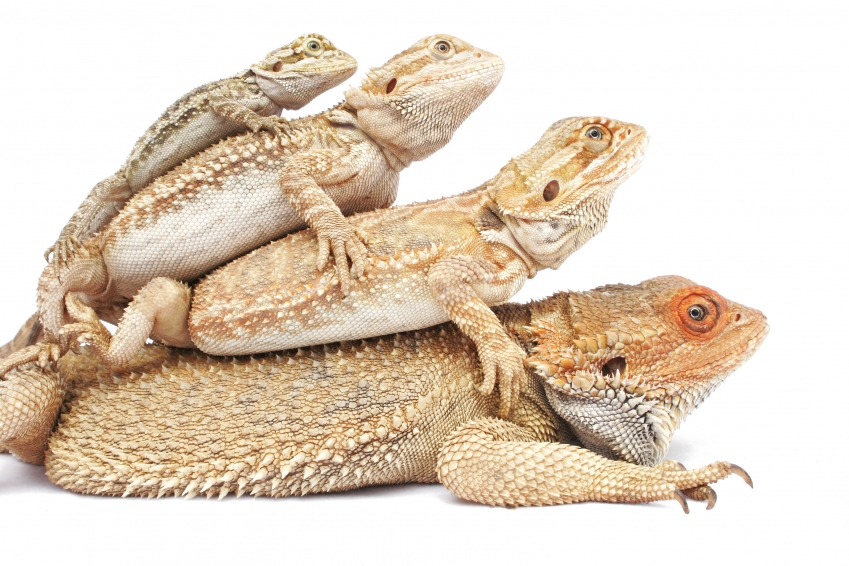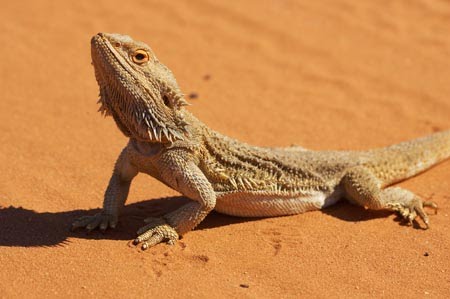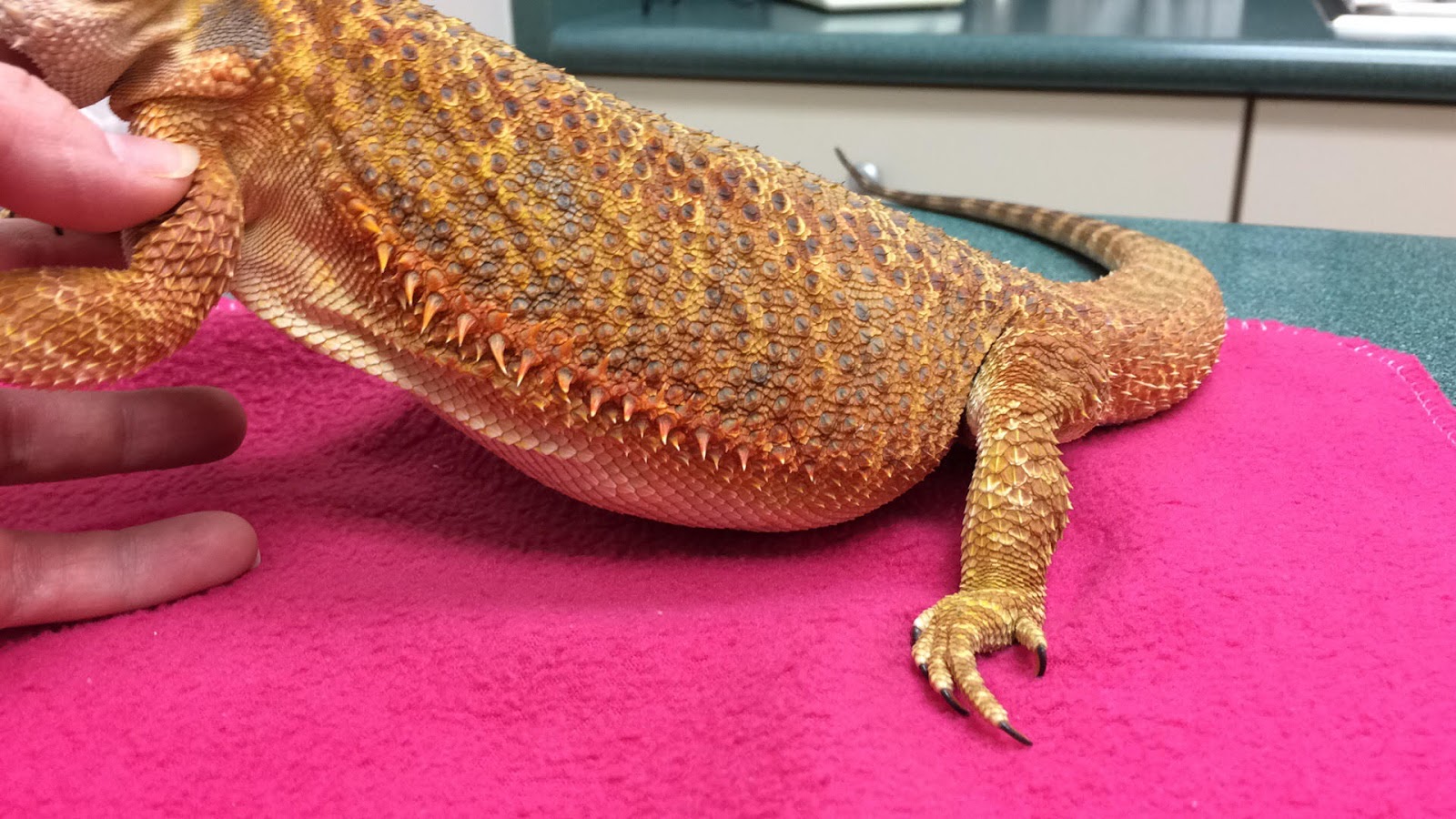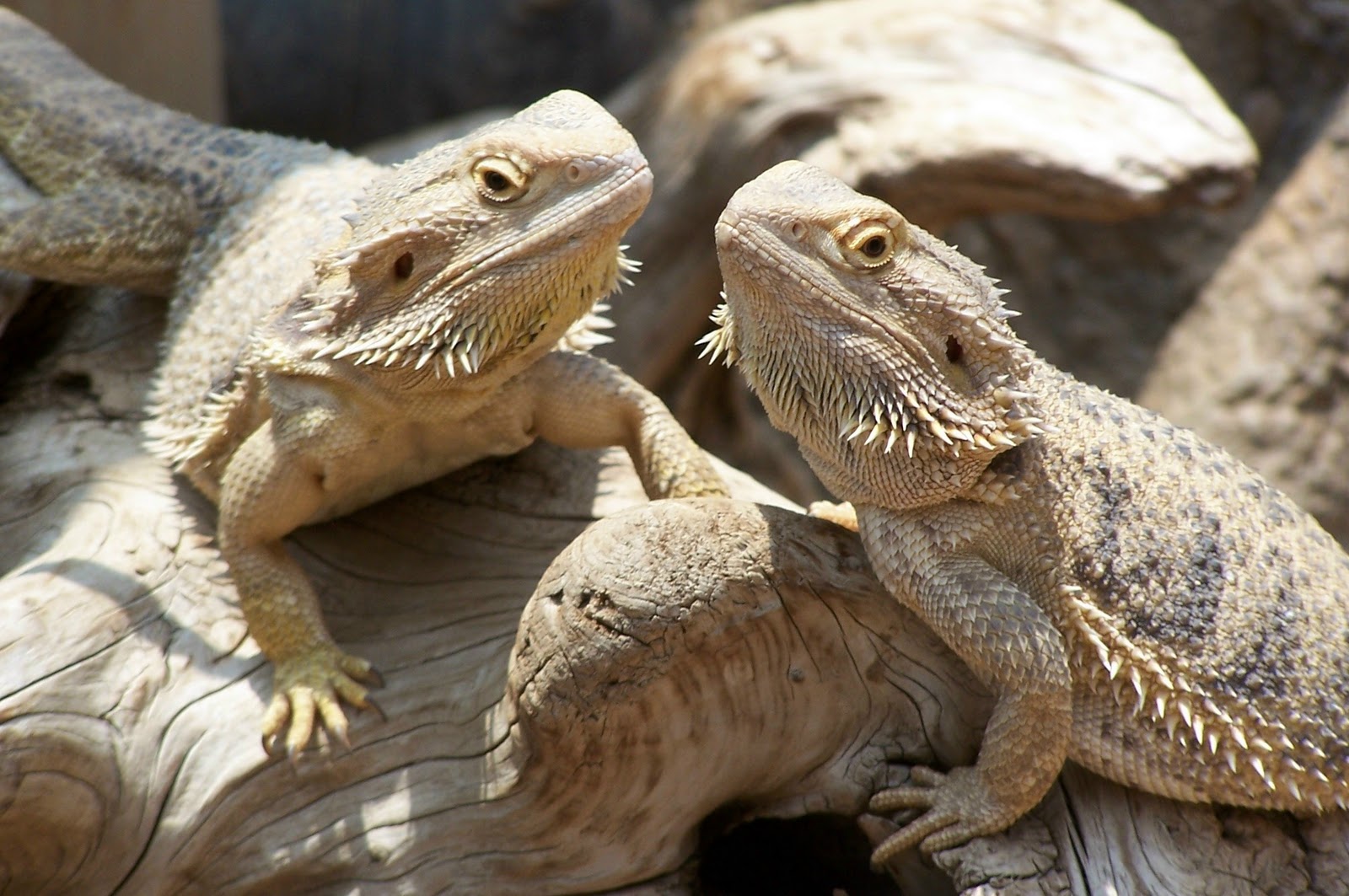10 Essential Bearded Dragon Tips for Beginners
Introduction
Bearded dragons are popular pets due to their unique appearance, friendly nature, and low-maintenance needs. However, owning a bearded dragon is a big responsibility and requires proper care and attention. If you’re a beginner who wants to keep a bearded dragon as a pet, then you’ve come to the right place. In this blog post, we’ll provide you with 10 essential tips to ensure that your bearded dragon stays happy and healthy.
1. Proper Housing
Bearded dragons require a spacious terrarium to move around and climb. The size of the terrarium depends on the size of the bearded dragon, but as a general rule, it should be at least 40 gallons in size. The terrarium should also have a secure lid to prevent your bearded dragon from escaping or other pets from getting in. Inside the terrarium, provide hiding places, basking areas, and a UVB light source.
2. Proper Lighting

Bearded dragons require 12-14 hours of light per day, so ensure that your bearded dragon’s terrarium receives adequate amounts of light. Use a UVB light source to provide your bearded dragon with proper vitamin D3, which is essential for healthy bones and metabolism. Additionally, provide a basking light to create a temperature gradient within the terrarium.
3. Proper Diet

Bearded dragons are omnivorous and require a balanced diet of insects, vegetables, and fruits. Offer your bearded dragon a variety of insects such as crickets, mealworms, and waxworms. Vegetables such as kale, collard greens, and carrots are also essential for your bearded dragon’s diet. Avoid feeding your bearded dragon spinach or iceberg lettuce, as they offer little nutritional value.
4. Proper Hydration

Ensure that your bearded dragon has access to clean water at all times. Offer water in a shallow dish, and change the water daily. Additionally, mist your bearded dragon’s terrarium regularly to increase humidity levels.
5. Proper Temperature and Humidity

Bearded dragons require a specific temperature gradient to regulate their body temperature. The cool area of the terrarium should be between 75-85°F, while the basking area should be between 100-110°F. Additionally, bearded dragons require a humidity level between 30-40%. Monitor these levels regularly to ensure that your bearded dragon stays comfortable.
6. Regular Veterinary Visits

Bearded dragons require regular veterinary visits to ensure that they stay healthy. Find a veterinarian who specializes in reptile care and schedule annual checkups for your bearded dragon. Additionally, monitor your bearded dragon’s behavior and health regularly to detect any signs of illness early.
7. Regular Handling

Bearded dragons require regular handling to stay tame and socialized. Begin handling your bearded dragon at a young age, but ensure that you handle them correctly to avoid causing any harm. Support their entire body and avoid grabbing them by the tail or limbs. Additionally, watch for signs of stress or discomfort and end handling sessions if necessary.
8. Preventing Enclosure Escapes

Bearded dragons are known for being curious and able to escape their enclosures. Ensure that your bearded dragon’s terrarium has a secure lid and that there are no gaps or holes that they could use to escape. Additionally, supervise them when they are outside of their enclosure to prevent them from wandering off.
9. Knowing Their Behavior

Bearded dragons have unique behaviors and body language that you should be familiar with. For example, they may wave their arms in the air as a sign of submission or to regulate their body temperature. Additionally, they may darken their color as a sign of stress or aggression. Knowing your bearded dragon’s behavior will help you better understand their needs and ensure that they stay happy and healthy.
10. Common Health Issues

Bearded dragons are relatively hardy, but they may experience health issues such as metabolic bone disease or parasites. Monitor your bearded dragon’s behavior and health regularly to detect any signs of illness early. Additionally, follow proper care guidelines and provide a balanced diet, adequate lighting, humidity, and temperature gradients to prevent health issues.
Conclusion
Keeping a bearded dragon as a pet is a rewarding experience, but it requires proper care and attention. Follow the 10 essential tips provided in this blog post to ensure that your bearded dragon stays happy and healthy. Additionally, monitor your bearded dragon’s behavior and health regularly to detect any signs of illness early. With proper care and attention, your bearded dragon will thrive and bring you endless joy and entertainment.
